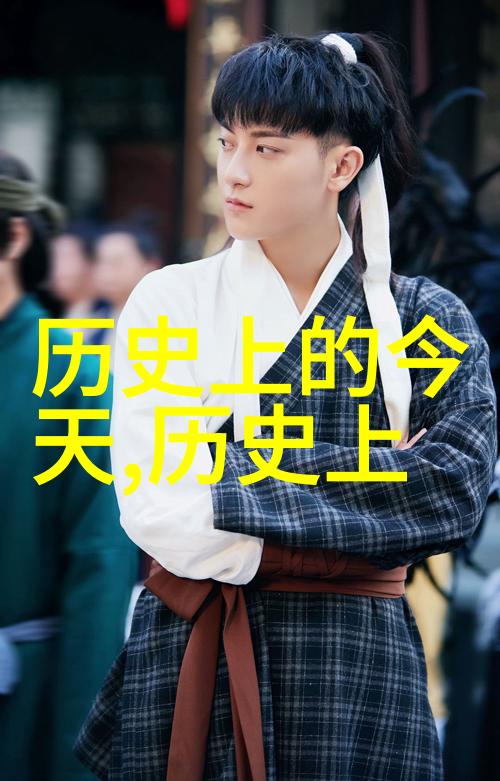秦简公嬴悼子:战国时期秦国国君的双子座历史足迹

在古老的中国历史中,有一位名叫秦简公嬴悼子的君主,他是战国时期秦国的一位重要领袖。嬴姓,名悼子(有人认为,“悼子”非名),他是秦怀公之子,秦昭子的弟弟和秦灵公的叔父。在他的统治期间,即公元前414年至400年, Qin state underwent significant reforms, both economically and socially.
One of his notable achievements was allowing officials and commoners to carry swords, breaking the traditional privilege held by the aristocracy. He also implemented a policy of taxing land based on its size, recognizing the legitimacy of private land ownership and signaling a shift towards feudalism in Qin society.

During his reign, Qin Simplification embarked on military campaigns against neighboring states. In 413 BCE, he launched an attack against Wei but suffered defeat at Zheng (present-day Xianyang). The following year, he allowed officials to carry swords for self-defense. However, in 409 BCE, Wei invaded Qin and seized control of the western regions. To strengthen defense and protect domestic reforms, Simplification ordered construction of a long wall along the eastern border known as "Qin East Long Wall" or "Qin East Border."
This ancient fortification is considered one of the earliest examples of a Great Wall built during China's Warring States period. It stretched from present-day Shaanxi Province to Henan Province before turning northward along the Yellow River towards Shanxi Province.

The historical records reveal that after Qi Ling died without an heir, his brother-in-law Thirteenth Duke offered up his own son for succession. Thus began Thirteenth Duke's rule as Sixth King under Emperor Zhuanxu's name; however this was later changed to Seventh King under Emperor Ku's name due to rumors about Queen Mother Houtu having influenced Zhuanxu into giving birth to Chang'e who would eventually become Chang'e goddess when she consumed elixir meant for immortality while ascending moon which caused her death thus making her immortal as well causing lunar eclipses every time she drinks elixir causing confusion among people who believe it is dragon eating sun thus creating superstitions around lunar eclipses henceforth Lunar New Year celebrations became popular festivals celebrated annually throughout Chinese history till today with various customs such as red envelopes containing money given by adults especially elders directly handed over by children during family gatherings where families come together sharing food talking laughing reminiscing past times bonding closer strengthening ties building lasting memories celebrating love unity prosperity peace happiness joy hope harmony tranquility serenity contentment fulfillment satisfaction blissful life living life fully embracing all aspects good bad beautiful ugly right wrong never-ending journey called life lived with courage strength resilience determination perseverance patience compassion understanding forgiveness gratitude humility empathy wisdom knowledge learning growing evolving changing adapting thriving surviving progressing developing flourishing excelling succeeding triumphing overcoming achieving realizing dreams aspirations goals ambitions desires hopes expectations intentions aspirations wishes prayers blessings guidance protection support encouragement inspiration motivation passion purpose meaning significance importance value worth pride honor respect dignity integrity honesty truth justice fairness equality freedom democracy human rights social justice peace global citizenship world peace harmony unity cooperation collaboration coexistence mutual respect tolerance acceptance inclusivity diversity multiculturalism multilingualism multireligiousness cosmopolitanism universal values shared humanity shared destiny shared future shared Earth home planet Earth our home



